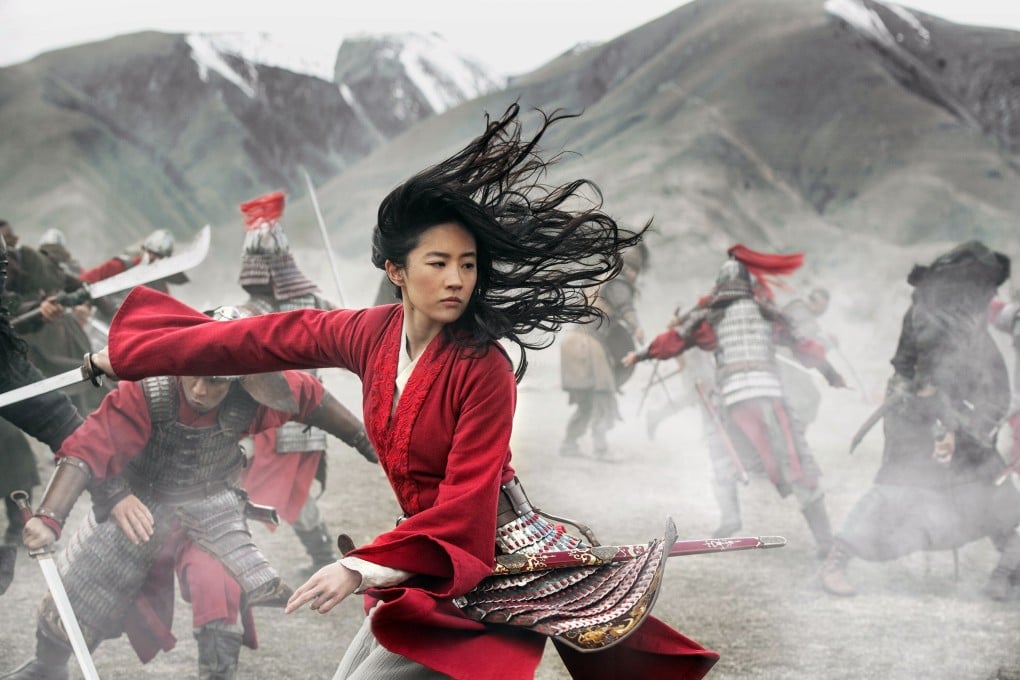Editorial | A lack of sensitivity to values has left Mulan lost in translation
- Disney’s live action retelling of the ancient folk tale has failed at the box office in China, garnering widespread criticism for a host of issues from character stereotypes to historical inaccuracies

Disney is famed for its fairy-tale treatment of traditional stories and Mulan is the first Chinese folk tale it has tackled. An animated version it produced in 1998 did well at the box office and a trend to revisit past successes with live action movies was seen as justification for the US$200 million budget. China’s box office is soon expected to become the world’s largest by overtaking that of North America, so a movie aimed at both markets made sense. The country’s success with tackling the Covid-19 pandemic also meant it could be shown in cinemas; in many other markets, its release has been confined to the Disney+ streaming service, which is not available on the mainland.
But times have changed since the first Mulan. China’s people are better travelled and its cinema-goers sophisticated and demanding. All Chinese know the story of Hua Mulan, told in a folk song from the Northern and Southern dynasties, about 1,500 years ago. Few Westerners have a grasp of Chinese culture and history, so making a production authentic and entertaining for both audiences is difficult.
The Chinese response shows Disney’s failings. Even though it has used Chinese actors and some filming has been done in China, it has garnered widespread criticism for what are perceived as poor production values. Issue has been taken with a host of matters including leading actress Liu Yifei’s make-up, the invented character of a witch, the type of housing depicted and the historic accuracy of furniture, costumes and weaponry. Stereotypes seemingly with Western audiences in mind have been deemed unacceptable, while fight scenes the West may find exciting have been lambasted as dull by Chinese used to increasingly bigger-budget extravaganzas.
China’s box office is booming and it is a natural draw for Hollywood, but it takes more than a Chinese theme to be successful. Mulan has been released during a pandemic in difficult political times and the goal of meeting the expectations of Chinese and Western film-goers was always going to be challenging. For Chinese audiences, the lack of sensitivity to values has resulted in the final cut being, in effect, lost in translation.
